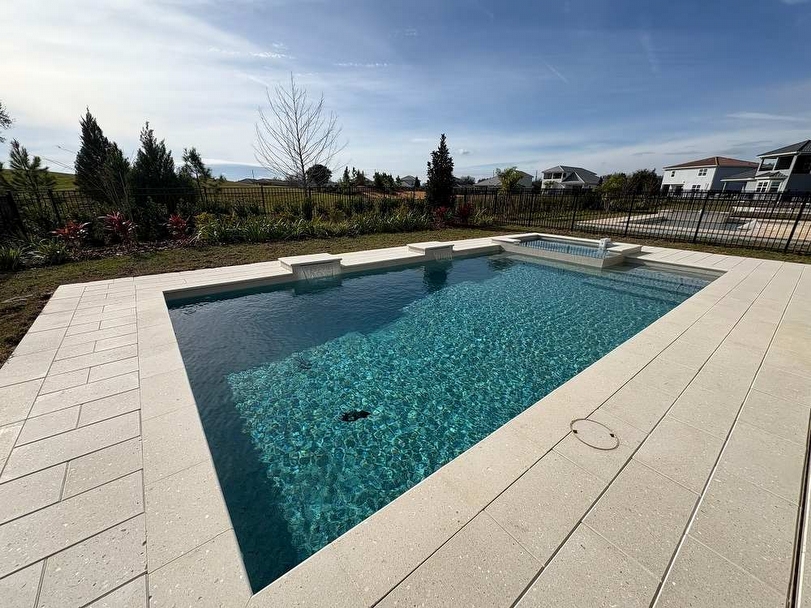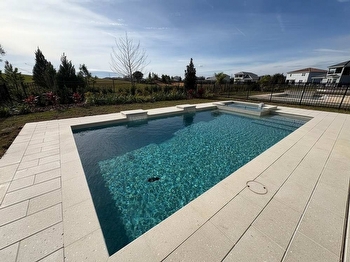Orlando Real Estate in 2025 New Projects, Investments, and Emerging Trends
The Orlando real estate market is entering a bold new chapter in 2025, driven by a wave of development, evolving buyer demand, and an economy that continues to diversify beyond tourism. Long known for its world-class theme parks, Orlando is rapidly becoming a magnet for real estate investors, developers, and residents seeking opportunity in one of the most dynamic cities in the Southeast. With new projects breaking ground, shifts in inventory and pricing, and significant commercial and residential investments taking shape, Orlando is redefining its place on the national real estate stage.
A number of large-scale developments are currently underway that are expected to transform Orlando’s landscape. Universal is set to open its long-awaited Epic Universe expansion, which includes two brand-new themed hotels and additional attractions. This development is expected to boost tourism and job creation while generating substantial demand for nearby residential and commercial real estate. In downtown Orlando, construction is beginning on an innovative 10-acre urban landscape project beneath the I-4 overpass.
Designed to add green space, walking paths, and public art installations, this project will help revitalize the downtown core and improve walkability—key factors for attracting residents and supporting rising home values. On the residential side, the western suburbs continue to boom. Horizon West, just outside of Winter Garden, is now one of the fastest-growing communities in the region. New construction homes, townhome communities, retail centers, and infrastructure investments are fueling rapid population growth in the area, transforming it into a highly desirable address for families and professionals alike. Also noteworthy is a major new affordable housing development in the works. Nearly 1,400 new units, including more than 1,000 designated as affordable, are being built to meet increasing demand for workforce housing.
The project is expected to be a model for balancing economic development with housing accessibility in a region long challenged by affordability issues.
Orlando’s retail and commercial sectors are also seeing robust investment. Large retail centers have recently changed hands, attracting interest from national investors who see strong upside in Central Florida’s consumer market. With new residents and visitors arriving in record numbers, demand for shopping, dining, and entertainment continues to grow. Industrial and logistics investments remain strong, fueled by Orlando’s central location and growing need for warehousing and distribution.
These assets are becoming a key part of many investment portfolios, offering stable returns as e-commerce and population growth increase the need for fulfillment and storage centers. Meanwhile, the luxury real estate market is gaining momentum in traditionally residential enclaves like Windermere and Winter Park. High-end developers are betting on affluent buyers relocating from major metro areas, lured by Florida’s tax-friendly environment, sunshine, and improving cultural and dining scenes.
The Orlando housing market in 2025 reflects a transition period. Inventory levels have increased significantly compared to the past few years, offering buyers more options and slightly moderating price growth. However, demand remains strong due to ongoing population growth, an expanding job market, and the continued appeal of Florida living.
Median home prices have remained relatively stable, with modest year-over-year gains, even as higher interest rates have tempered some buyer enthusiasm. But expectations for rate cuts later in the year have sparked renewed interest in pre-approval and refinancing activity. Should rates drop, a wave of buyers may re-enter the market, reigniting competition in popular neighborhoods. The rental market remains strong, particularly in areas close to major employment hubs, universities, and tourist attractions. Although there has been a slight slowdown in new apartment deliveries, demand continues to outpace supply in many areas. Rents are expected to remain stable or rise modestly in key submarkets, driven by new arrivals and limited inventory.
Orlando’s real estate market appears poised for continued long-term growth. The city benefits from a diversified economy, with expansions in tech, healthcare, education, and logistics bolstering its traditional strengths in tourism and entertainment. These industries bring in new workers, create housing demand, and support a healthy local economy. For investors, Orlando presents numerous opportunities—from ground-up residential developments and value-add commercial projects to long-term rental properties and strategic land acquisition.
The key to success lies in understanding submarket dynamics, local regulations, and the shifting needs of today’s buyers and renters. The continued growth of the suburbs, especially in areas like Lake Nona, Horizon West, and parts of Osceola County, highlights the importance of focusing not only on downtown, but on the expanding ring of growth surrounding it. Master-planned communities, mixed-use developments, and lifestyle-focused housing are increasingly popular, and investors who position themselves early in these markets may see strong returns.
Orlando real estate in 2025 is defined by opportunity, resilience, and transformation. From luxury developments and retail investments to infrastructure upgrades and affordable housing initiatives, the city is evolving rapidly. Whether you're an investor, developer, agent, or homebuyer, staying informed and agile will be key to navigating and thriving in this exciting market.
Interested in Learning More?
Contact Orlando's Best Real Estate for exclusive access to luxury properties, market insights, and personalized real estate services throughout Central Florida.
Frequently Asked Questions
Why should I work with a luxury real estate specialist in Orlando?
A luxury specialist understands the unique market dynamics of Orlando's premium neighborhoods like Windermere, Dr. Phillips, and Winter Park, has exclusive access to high-end properties, and provides personalized service tailored to discerning buyers and sellers in the Central Florida market.
What areas of Orlando offer the best luxury real estate opportunities?
Windermere, Dr. Phillips, Winter Park, Lake Nona, Downtown Orlando, and Celebration offer some of the finest luxury properties, each with unique advantages including lakefront access, golf course communities, cultural amenities, and strong investment potential.
What is the current Orlando luxury real estate market like?
The Orlando luxury market remains robust with steady population growth, limited high-end inventory, consistent demand from high-net-worth buyers, and Florida's favorable tax environment continuing to attract investors and new residents from across the nation.
How do I get started with buying or selling luxury real estate in Orlando?
Contact Orlando's Best Real Estate for a confidential consultation to discuss your goals, review current market conditions in your desired neighborhoods, and develop a customized strategy for your luxury real estate needs in Central Florida.
What makes Windermere such a desirable luxury market?
Windermere offers pristine lakefront estates, championship golf courses, top-rated schools, and close proximity to theme parks and downtown Orlando. The area consistently attracts celebrities, athletes, and executives seeking privacy and luxury amenities.
Explore More Orlando Real Estate
Discover other luxury properties and developments in the Orlando area:
Ready to Explore Luxury Real Estate in Orlando?
Don't miss opportunities in one of Florida's most dynamic and fastest-growing luxury markets. Contact Orlando's Best Real Estate today for exclusive access and personalized service.

